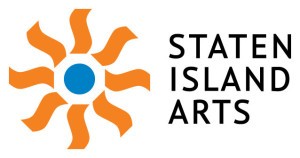Interview with Melanie Franklin Cohn, Exec Director, Staten Island Arts
by Brian Saber
 Brian Saber, President of Asking Matters, was engaged to lead a board training for Staten Island Arts on April 28, 2013. Post-training he interviewed their Executive Director, Melanie Franklin Cohn, to share how she decided to conduct a formal board training and how she’s making the most of it.
Brian Saber, President of Asking Matters, was engaged to lead a board training for Staten Island Arts on April 28, 2013. Post-training he interviewed their Executive Director, Melanie Franklin Cohn, to share how she decided to conduct a formal board training and how she’s making the most of it.
Brian: What led you to decide to invest the time and money in formal board training and where were you hoping it would have the most impact?
Melanie: I haven’t had any real formal training on development so I’ve been attending individual training over the past 5 years just to catch up. And through trial and error and trying different methods I found Asking Matters and the approach really works for me. The focus on the asker helps me fight off the anxiety that I have when I have to ask. And it helped me personally break through some barriers that I have been facing so it was an easy step to realize that what was helping me would also help my board. I started to realize that having some formal board training would have a really big impact.
Brian: Had your board had any formal fundraising training before that?
Melanie: This was the first training we had around making an ask since I joined. The board had some training about 8 years but they told me it wasn’t that helpful to them. It didn’t help them get to the next step. So I am really hoping that the way that we built the training it starts to empower them and they see themselves as partners — the staff and the board together bringing donors into the organization. Because I really think that having many hearts, many hands, having the passion is what brings success in a fundraising effort.
Brian: So when you went about training, I guess you had some buy-in already because they were asking for something like this? Did you need to run your plan by anyone, or where you able to make the decision on your own to invest the money and ask the board for their time. How did that happen?
Melanie: They needed buy-in, definitely, and the board really needed to be ready for this and to give up a Sunday to come and do it. The buy-in for this was a long process – I think it was at my first board meeting that I brought up the board’s role in fundraising and I was told “we are NOT a fundraising board” and I just calmly replied “but you should be”! And I left it at that and didn’t push it. But ever since then, I have approached the board and board meetings with this expectation. It hasn’t been pressure but it has been presented as this expectation. And I just keep it moving.
Brian: Did you run this by your board President or did you just say to your board: “I would like to do this. How you feel about this?” How did you actually make this happen?
Melanie: I first bounced the idea off a few board members who have been leaders of the organization. They were enthusiastic and sit on the Executive Board. Then I got buy-in from my Executive Board before taking it to the full board for discussion.
Brian: How do you follow-up? What is your next step so it is not a one-shot deal?
Melanie: We had an Executive Board meeting shortly after the training and we reviewed the experience and talked about what we would do next. They decided that taking time at the next board meeting to practice asking would be an important next step, so we are going to do that tomorrow night and then determine next steps as a group. Later this month we are having a cultivation event at an artist’s studio with workspace. We are having wine and cheese, there is no fee, and we are inviting people we think could be possible donors who board and staff identified together. Some of them are donors, some of them are people we would like to develop a relationship with, and some of them are potential board members that we have identified. We’ll be talking with people, and having a presentation about what we do and our plans for the future. And that is all part of the training that we did with you. It is kind of a way to individually start practicing some of the skills.




